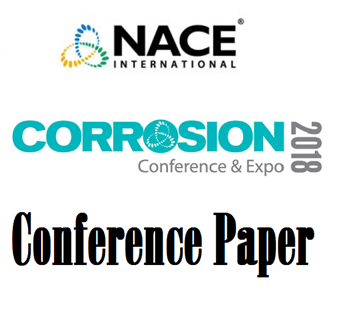Search
Stress Relaxation Cracking Of Thin Alloy 800/800H Electric Heater Tubular Heating Elements
Also Purchased
51318-11046-The investigation of Incoloy 800H Relaxation Crack Mechanisms
Product Number:
51318-11046-SG
Publication Date:
2018
$20.00
Study On Elemental Sulfur Formation From Black Powder Deposits
Product Number:
51322-17678-SG
Publication Date:
2022
$20.00
Stress Corrosion Cracking (SCC) and Electrochemical Corrosion Study of Cold Formed Alloy 625 (UNS N06625) In Extremely Low pH and High Chloride Conditions
Product Number:
51322-17782-SG
Publication Date:
2022
$20.00




